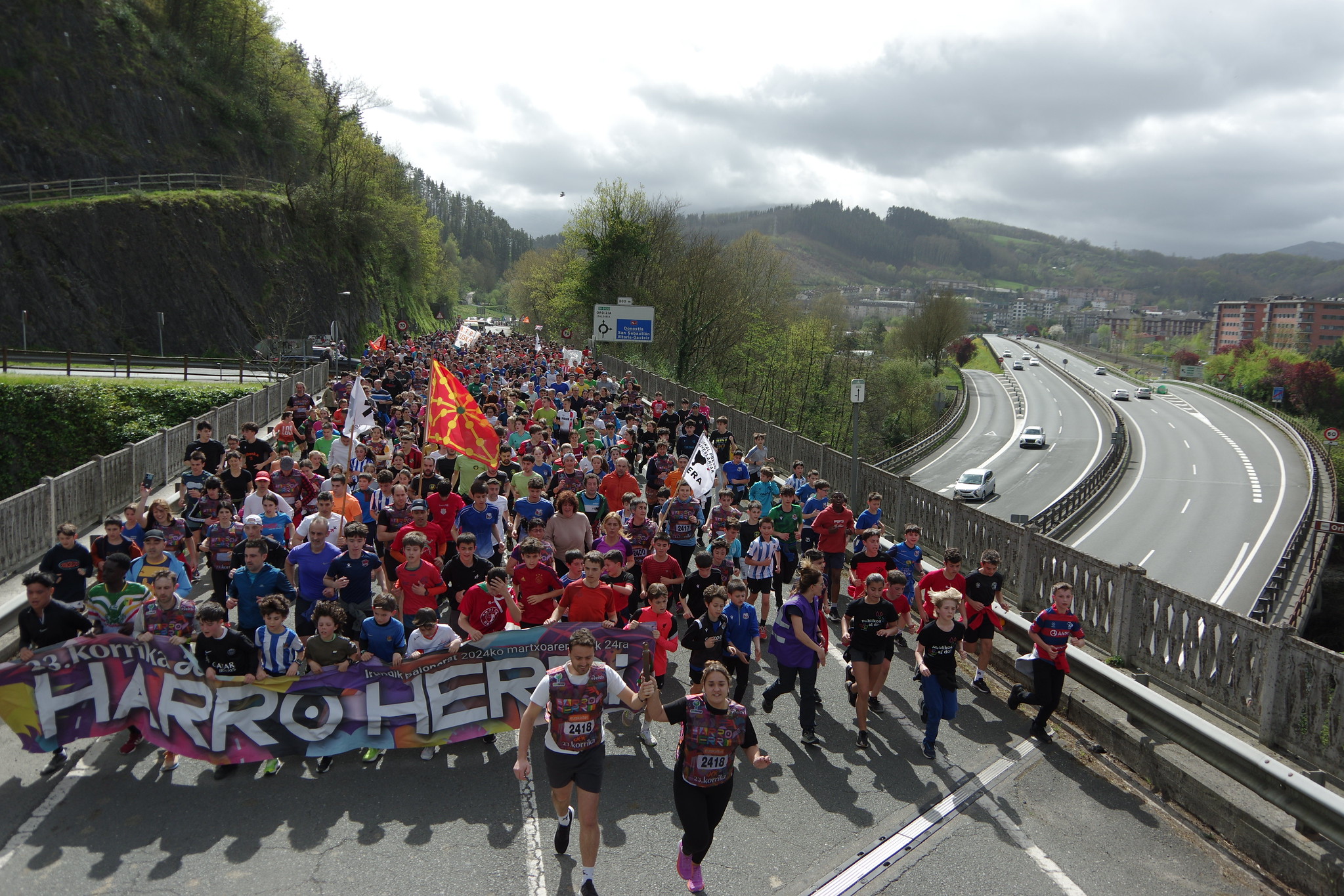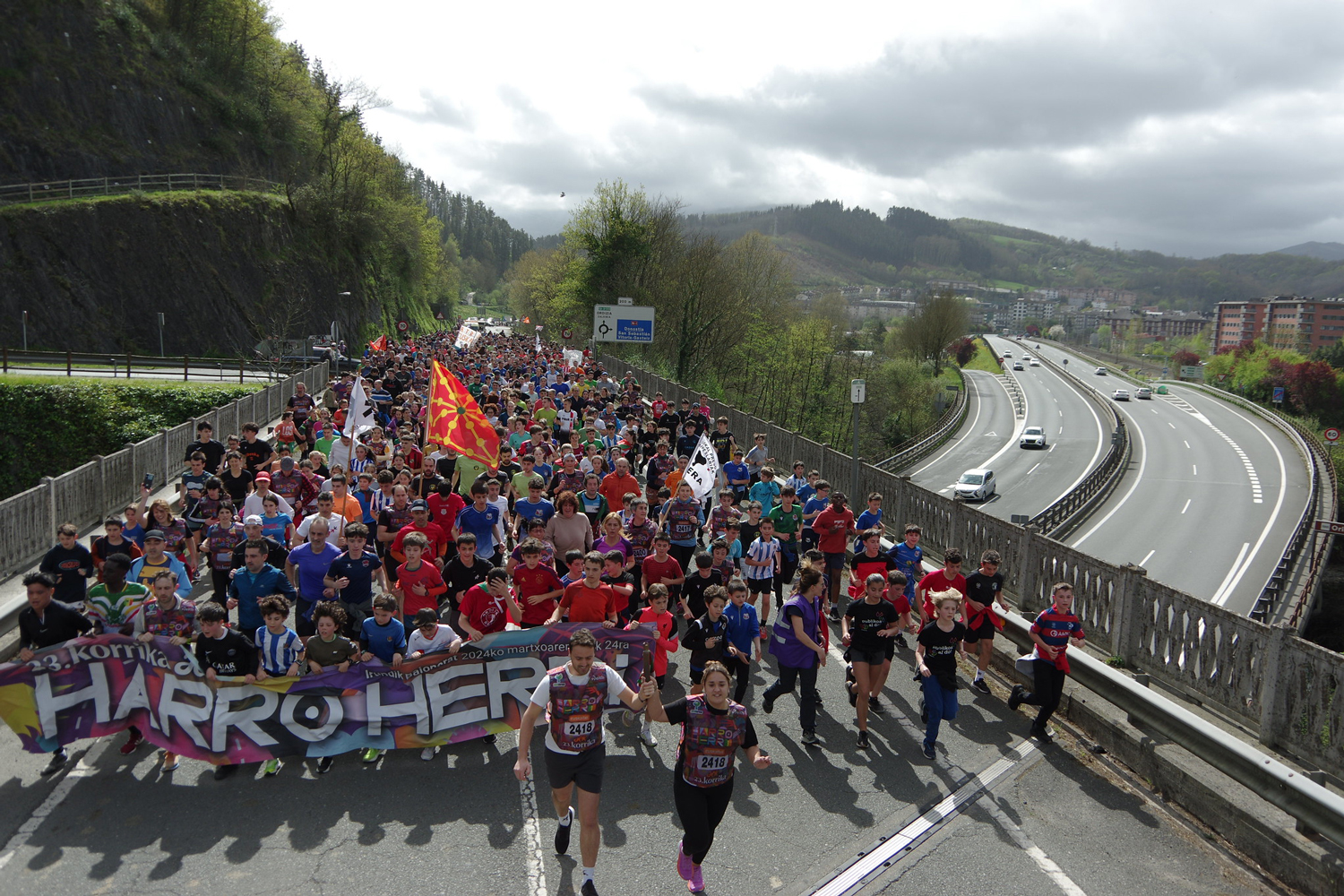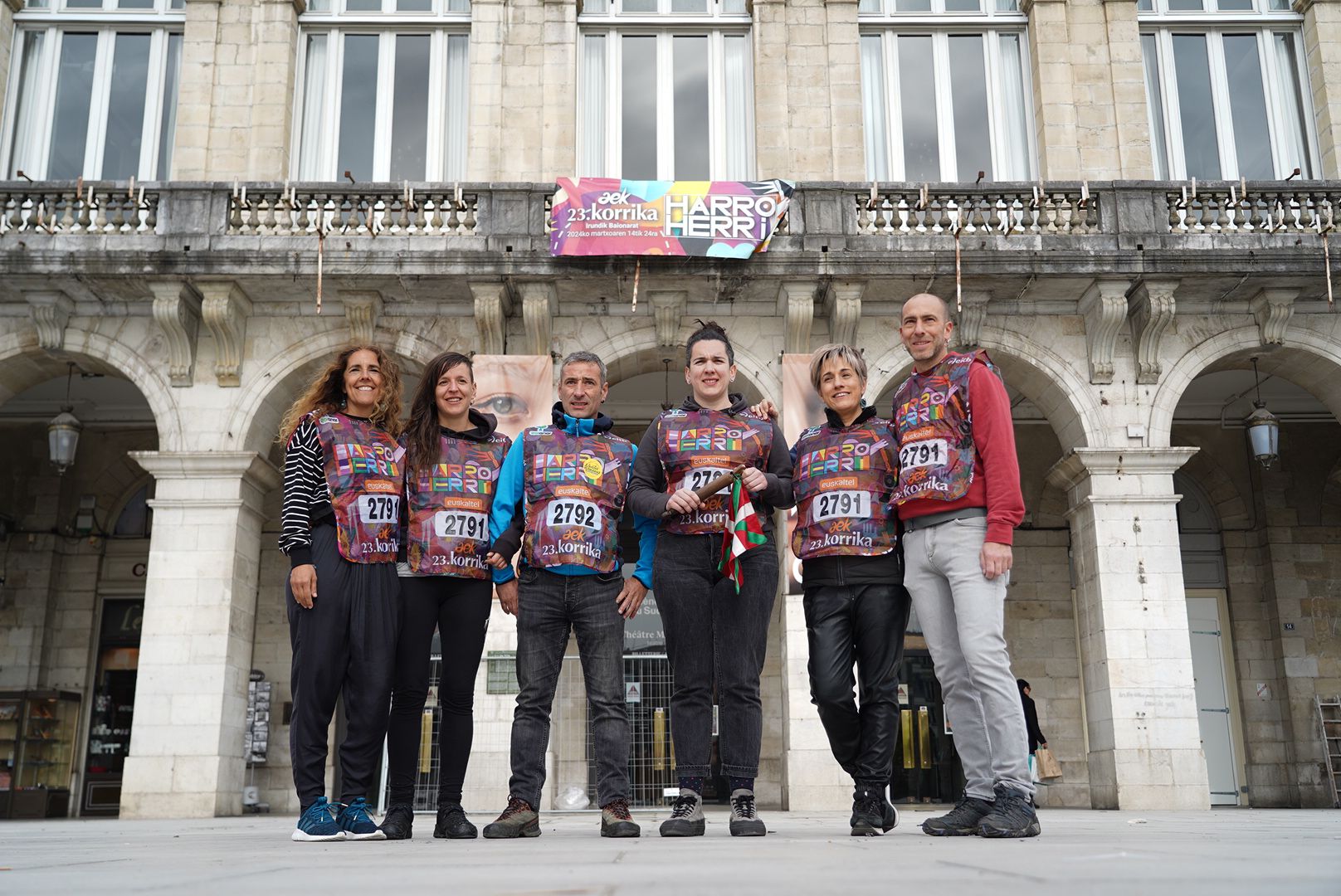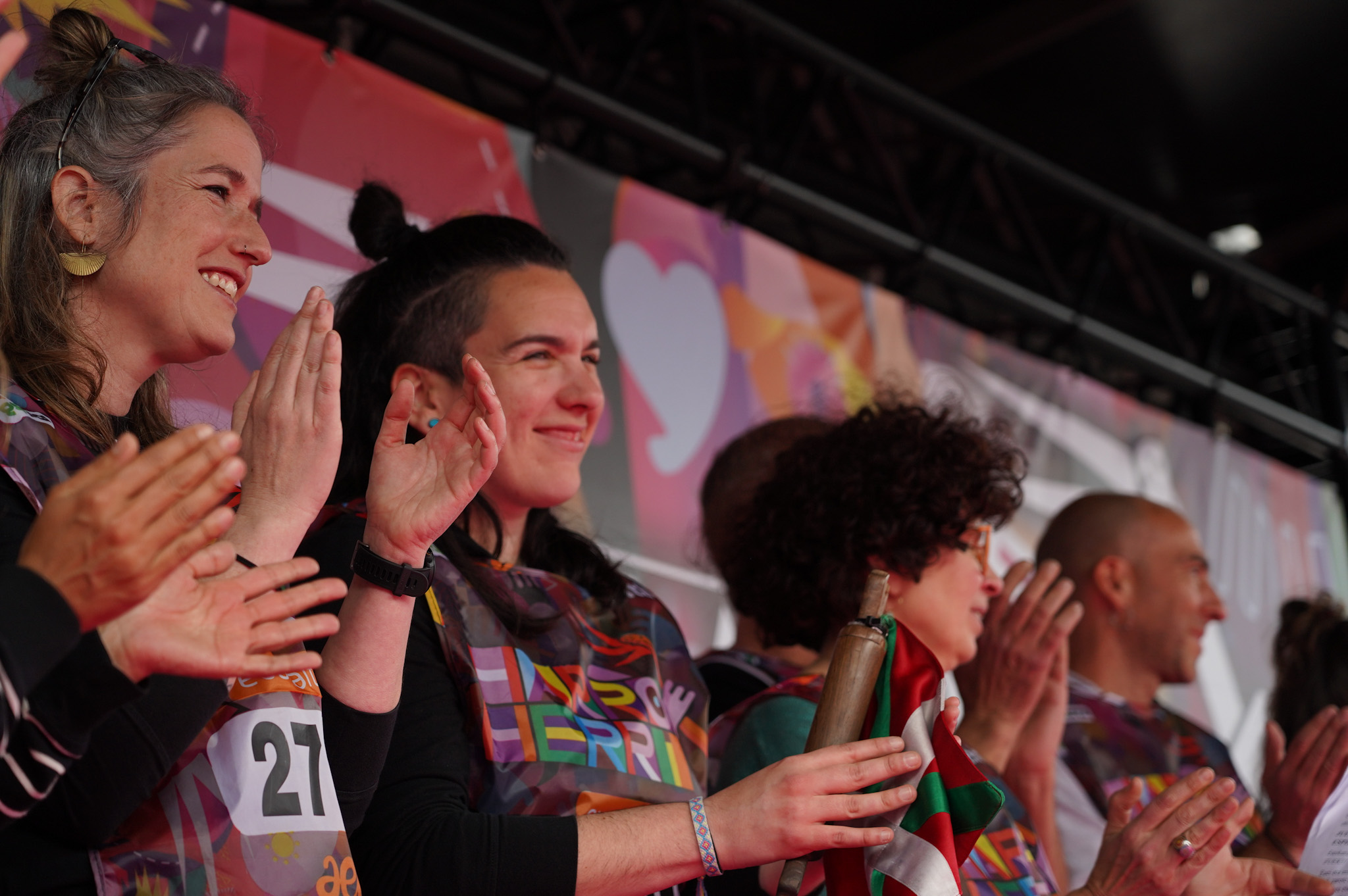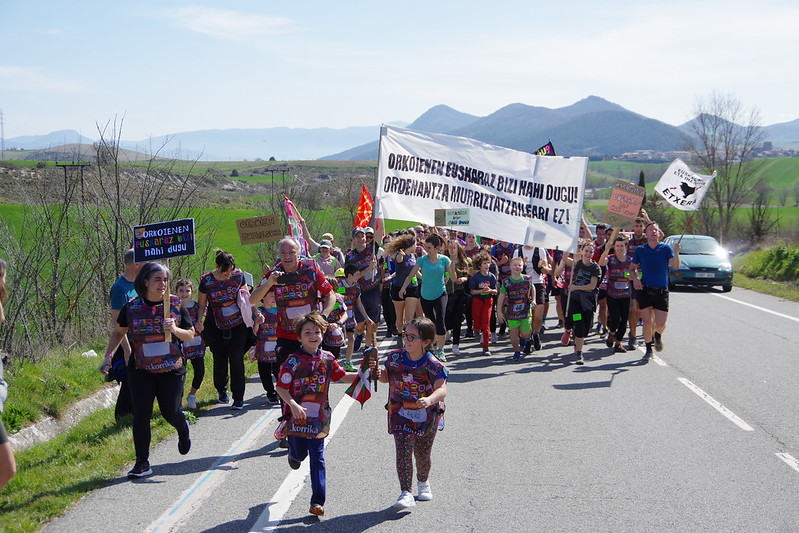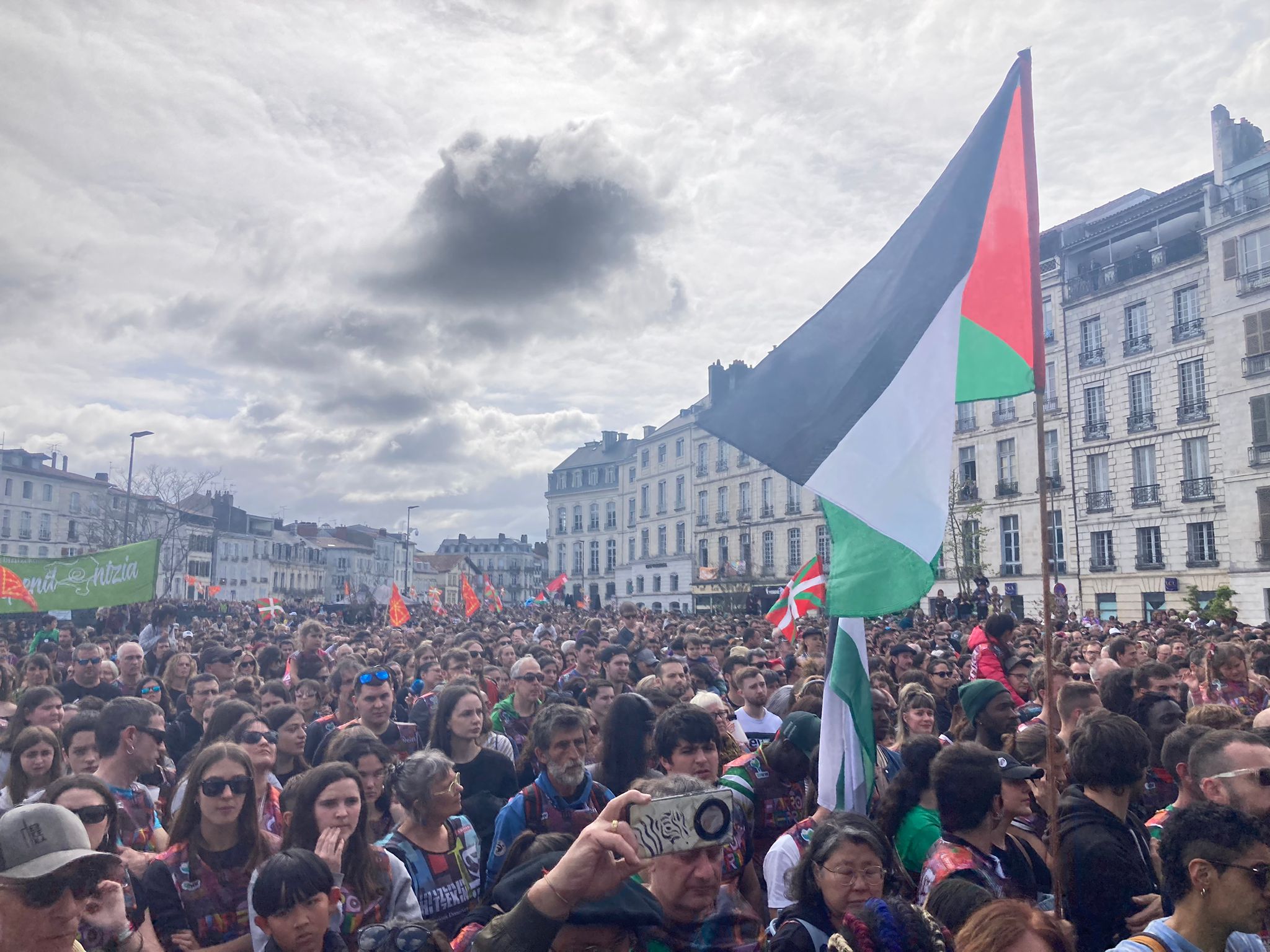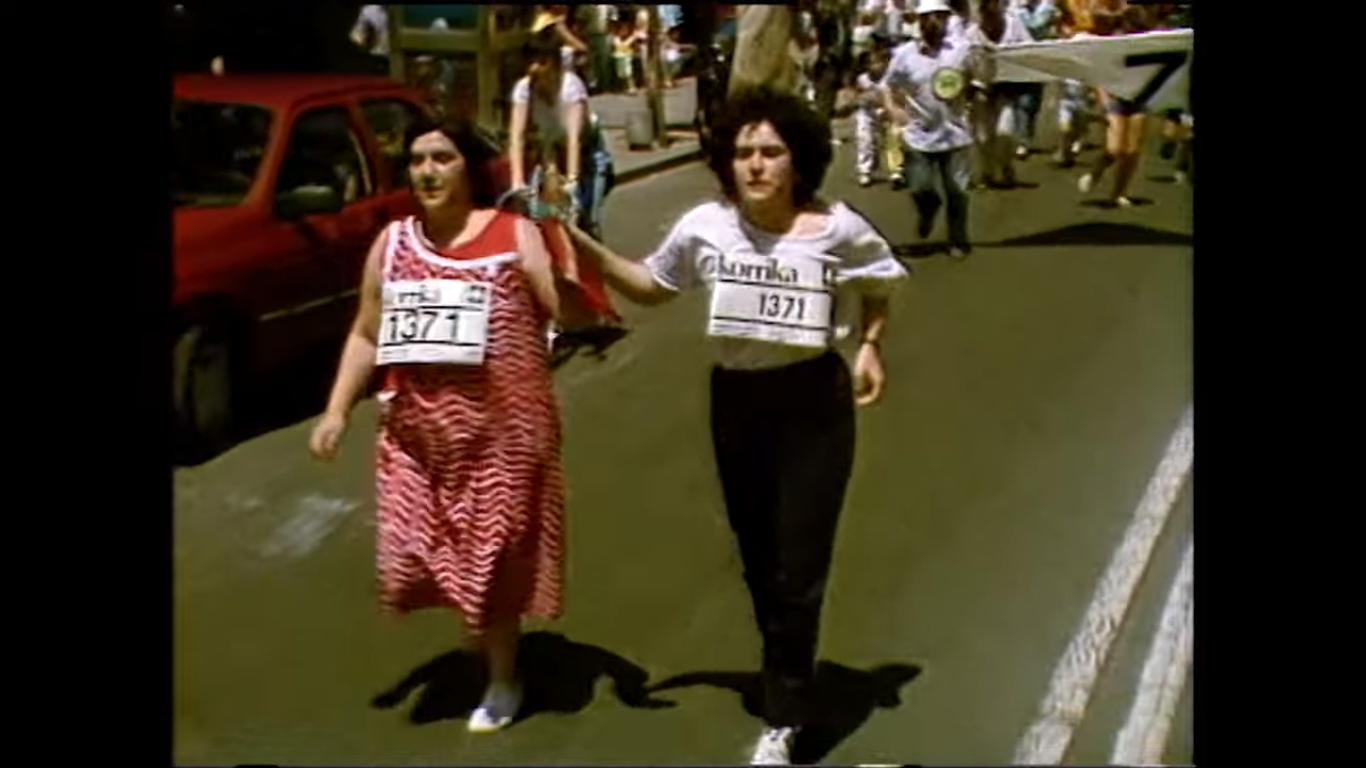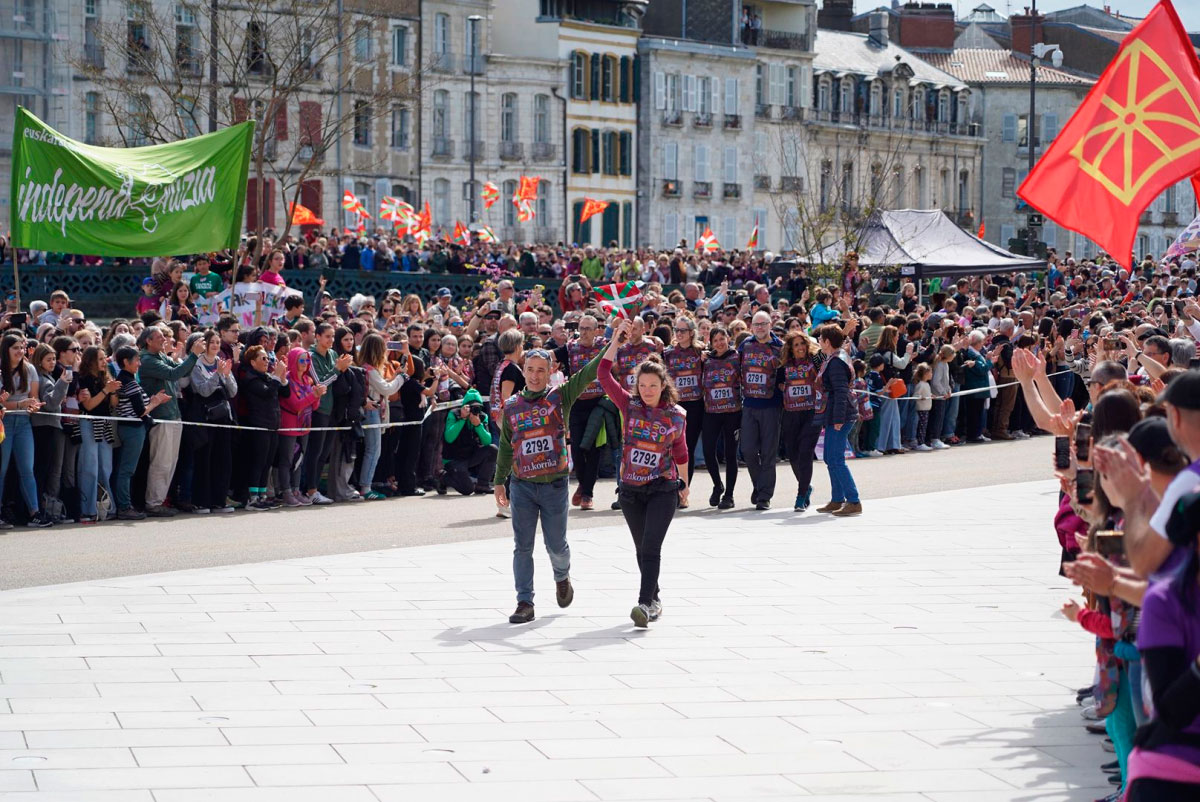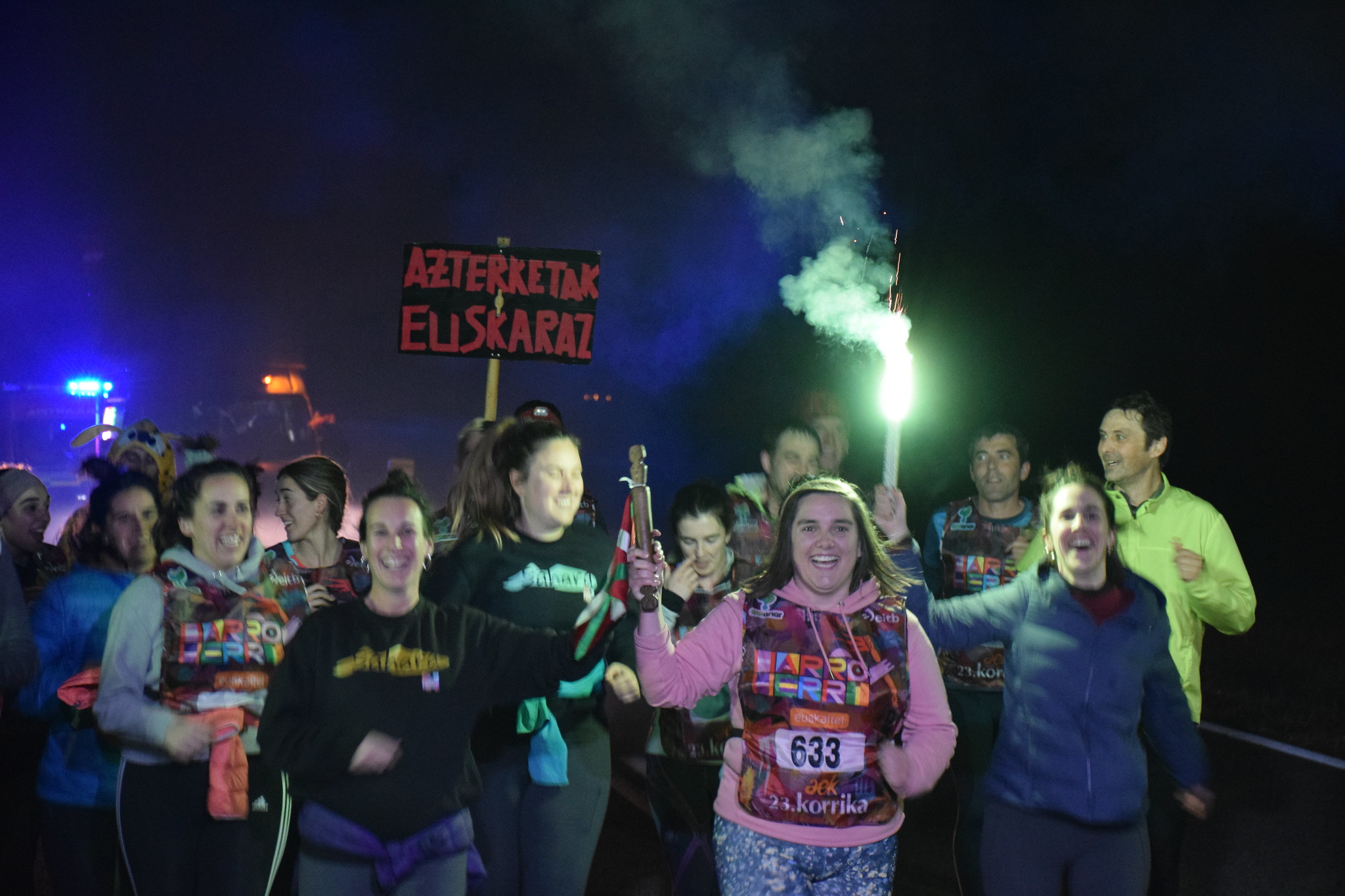Bertsolaris First School: Euskera gave it to the people
- The Basque and Bertsolari of Arrasate Patxi Goikolea say that the Basque is our treasure and that it must be spread to the people. It's clear how: through bertsolarism. He'll be 89 years old, but he says he's still the same as before. In 1974 he already saw it clear, and he created the first eskola bertso with Juanito Akixu and Xanti Iparragirre, around the ikastola Almen de Arrasate. We have turned our eyes back, and although with age he admits that his “bird chamber” is aging, he remembers in detail what has been experienced and what has been said.

The creators of the first bertsos school in the world were not aware of the importance it would have in the Basque Country. Patxi Goikolea says they did not perform miracles Juanito Akixu, Xanti Iparragirre and the three: “We started spreading Bertsolarism and playing; nothing else.” However, from the beginning they decided that transmitting Bertsolarism to the people would be a race of many kilometers, and they set a target of ten years, “without leaving it after five years, there, pushing”. Another eleven kilometers from the goal, it values the current Bertsolarism schools. “Our seed has spread in the Basque Country, and that’s beautiful.”
Goikolea focuses on transmission and, as the former students of the first bertsos school in Almen highlight, Bertsolarism, Euskera and tradition extended more to the people than to the person. And he says the best way to get to the village is to go to schools. There he went to Almene's parents and teachers to propose that they start the bertsos classes. “They told me: ‘How we’re going to do it, it’s never been done.’ Well, it starts." They started with words and word games.
The youngest children were encouraged to participate in activities outside school, and on the first day 75 people participated. The most common transmission is that of young adults, but Goikolea remembers that in the 1970s children transmitted bertsolarism to adults, who went home and sang to their parents the old learned verses. Txirrita, Xenpelar, Pello Errota, Bilintx… What Goikolea heard the grandmother taught the students of bertsolaris school, and they taught their parents.
Make bertsozales and create bertsolaris
As they took the first step, they saw the ease of some of the young people for the Bertsos, and the next step was to move forward with them. They wanted to create bertsolaris, and among other things, they asked Abel Muniategi to help them teach the foundations of Bertsolaris. In a booklet he placed the verse to the extent, the rhyme, the pause, the melody. GOIKOLEA has highlighted the work carried out by several Euskaltzales and bertsolaris in the creation of the Bertso Eskolas, and has recalled that the material was created from scratch. Each of them offered the wisdom of Bertsolaris to the people.

Learn, work. This is what it takes to be a good bertsolari, according to Goikolea. He says that today's bertsolaris have more facilities than hobby, unlike what happened in the early 1970s. But they started, they started, and slowly the resources have been expanded. The Bertso eskolas have been opened in seven territories, with them the Basque. Admire the bertsolaris and those who sing “extraordinary bertsos”: He says that Lasarte was a “perfect” bertsolari and that Saioa is in love with Alkaiza. “When I met him, I told him that he made very nice verses, so easy and tenderly. Nerea Ibarzabal is also great.” He has underlined the improvement that young people do in a short time, “because they work”. Goikolea has lost a school championship last year due to the pandemic, the club confirmed. It does not fail, it goes on.

From the cradle in Euskera
“We have always been very Basque, from the cradle I have lived in Basque.” He does not think he has had problems living in Basque, but he acknowledges that he has participated in numerous clandestine meetings during the dictatorship. What for? “To boost Euskera-y.” It was therefore a work of shadows. The sanity with which the Basque country has always lived is recalled: “At about 13 years old, I went to a store and I said, Do you have books in Basque? And there was nothing! Imagine how we lived it.”
In the same way, Goikolea has taken the leap to the Korrika. It does not have to run for the purpose of AEK: to normalize and extend the Basque to the people, so that the Basque is available to all. 20. In the course of the Korrika a special interview was held and, in the course of it, sent a point from Arrasate, as if it were the message of the witness, to Eskoriatza. There he was received by Xanti Iparragirre who responded:
“We also have/ a lot of miles,” Goikolea. Iparragirre continues: “Korrika or slowly/ in search of the future/ Bertsoakin euskara/ to be strengthened/ with one goal/ Hiruko umila/ Patxi eta Juanito/ thank you very much for you.” The journalist ended: “Patxi, Xanti, Juanito/ thank you very much to you.”
Korrikaren "bihotza eta burua" erakutsiko ditu dokumentalak. Proiektua gauzatzeko, herritarren babesa "ezinbestekoa" izango dela adierazi dute AEK eta Mirokutana ekoiztetxeak, eta apirilaren 25era bitartean crowdfunding kanpaina bat abiatuko dute jalgihadi.eus... [+]
We Basques move our feet behind the witness of Korrika to proclaim that we want to survive as a Basque people in favor of our language, with the aim of the Basque Country we desire.
The tipi-tapa is the first step taken by a migrant person who leaves his homeland in Africa,... [+]
Not more than a year living in Vitoria when I first saw Korrika. It was daylight, I was carrying my daughter in a backpack, and a bunch of speakers around me, and among those friends, Rosa, who is still beside me. About her daughter, what to say, is almost 14 years old, and in... [+]
For eleven days, from 14 to 24 March, the corners of Euskal Herria will run 23 March. Running. Photographs sent by AEK are being collected in this gallery.








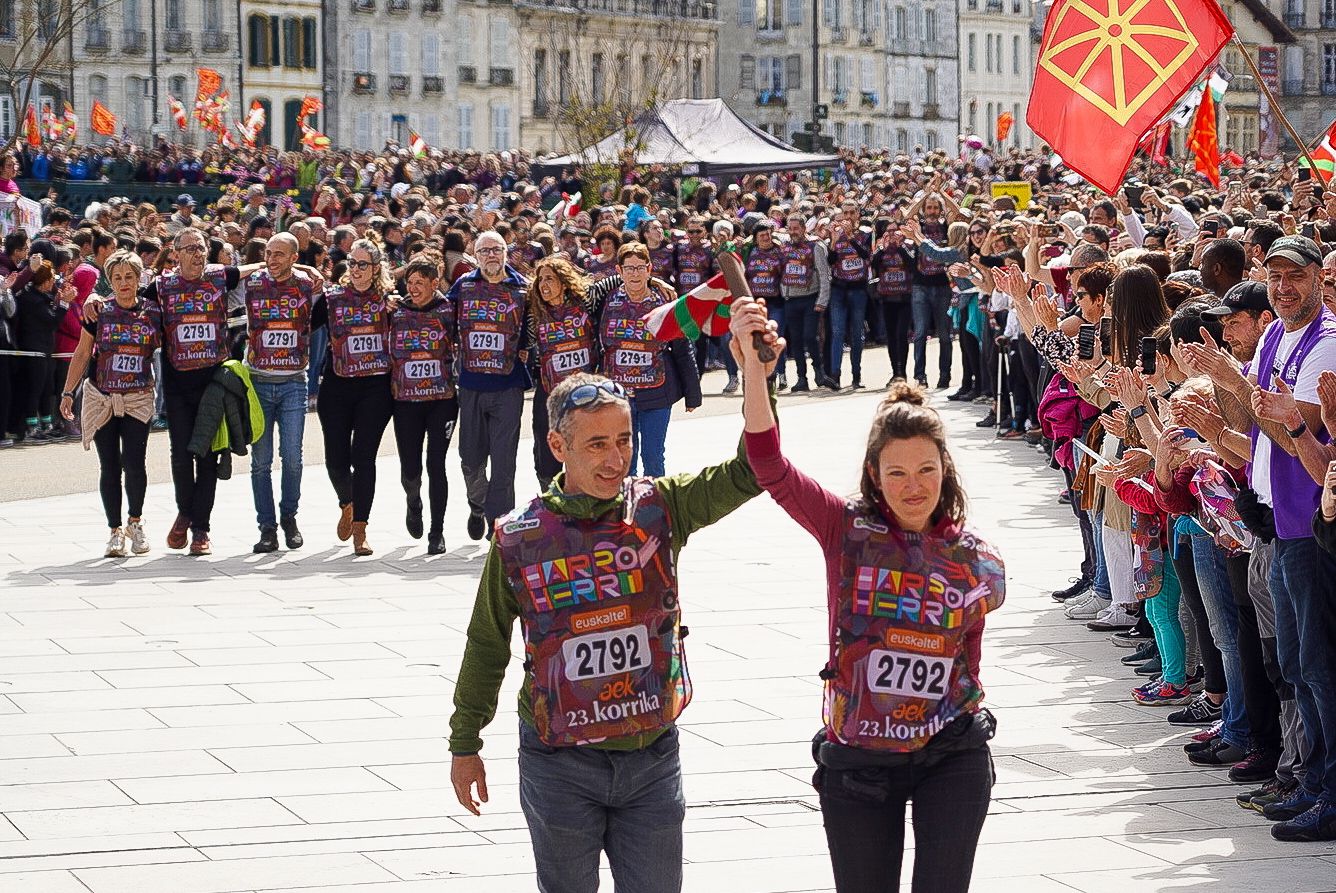
.jpg)


